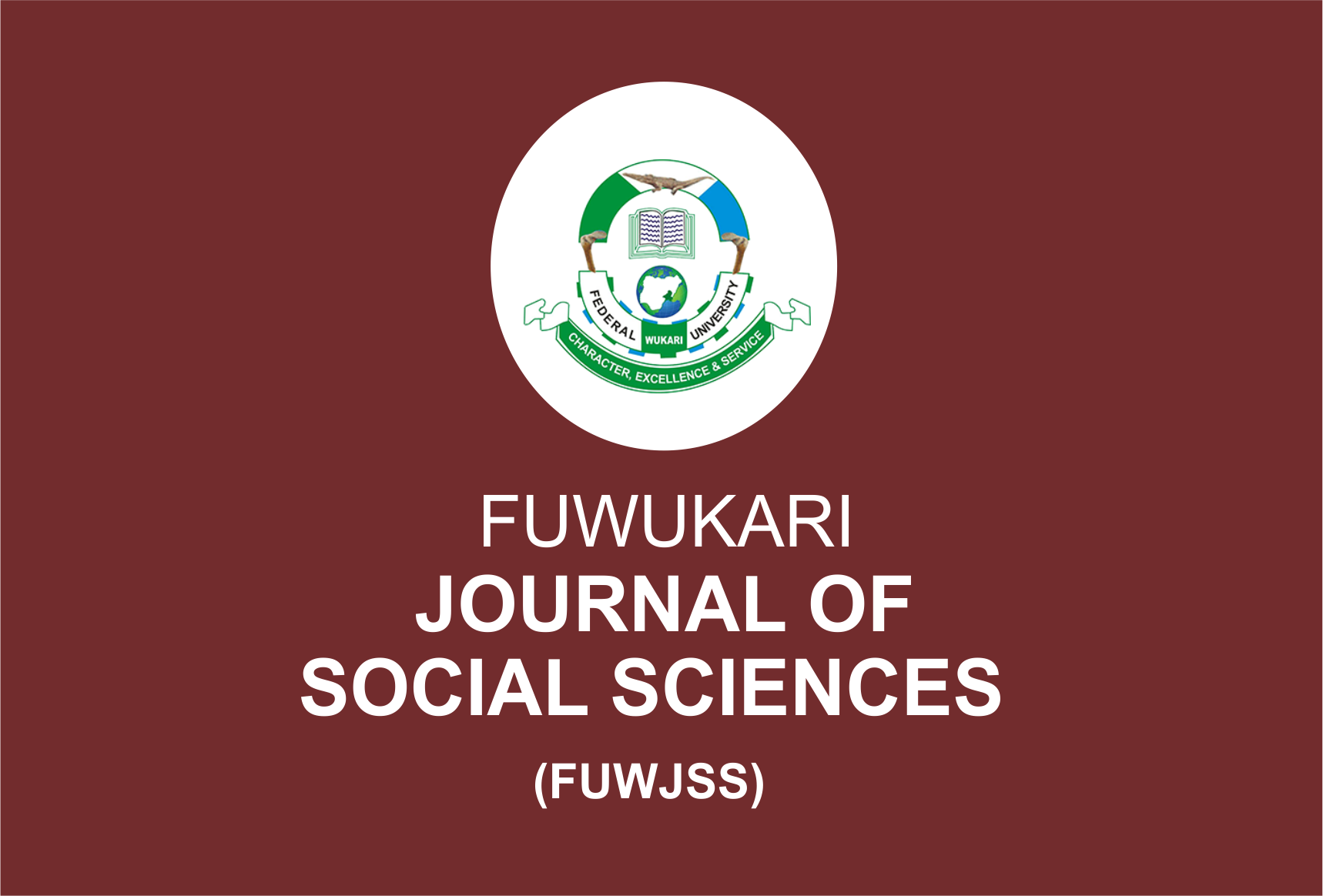Impact of Education and Health Expenditures on Human Capital Development in Kaduna State, Nigeria
BOGNET Alfred Cyprain, Peter Adamu, Elisha Menson, Peter P. Njiforti
Keywords: Human capital, education, health, budget, Kaduna
Abstract
The growth and development of any nation depend on how well its human capital is being developed in terms of government spending in education and health. However, it is not yet clear on the extent to which Kaduna State Government expenditures on health and education over the years have boosted the human capital development in the State. For instance, the United Nations Educational, Scientific and Cultural Organization (UNESCO) have insisted that 26% of the annual budgets of a government should be allocated to education. This study therefore examines Kaduna State Government’s expenditures on education and health between the years 1990 to 2019, and how these impact human capital development in the State. The study used primary school enrollment data and these were analyzed through the lens of autoregressive distribution lag (ARDL) Model. The study’s results revealed that in the long-run, education expenditures have significant positive impact on human capital development in Kaduna State, while health expenditures of Kaduna State Government has insignificant positive impact on human capital development in the State. Overall, in the short-run, both education and health expenditures of the Kaduna State Government have positive and significant impact on human capital development in the State. The study concludes that Kaduna State Government expenditures on education and health contribute significantly to the growth of human capital development in the State. The study recommends that the Kaduna State Government neeed to further increase budgetary allocations to education and health in order to ensure continuous boost of human capital development (HCD).
Author Biography
BOGNET Alfred Cyprain
Kaduna State Planning and Budget Commission
Kaduna, Kaduna State, Nigeria
Peter Adamu (PhD)
Economics Department, Kaduna State University,
Kaduna, Nigeria
[email protected]; [email protected]
Auta Elisha Menson (PhD)
Economics Department, Kaduna State University, Kaduna [email protected]
Prof Peter P. Njiforti
Economics Department, Ahmadu Bello University, Zaria

